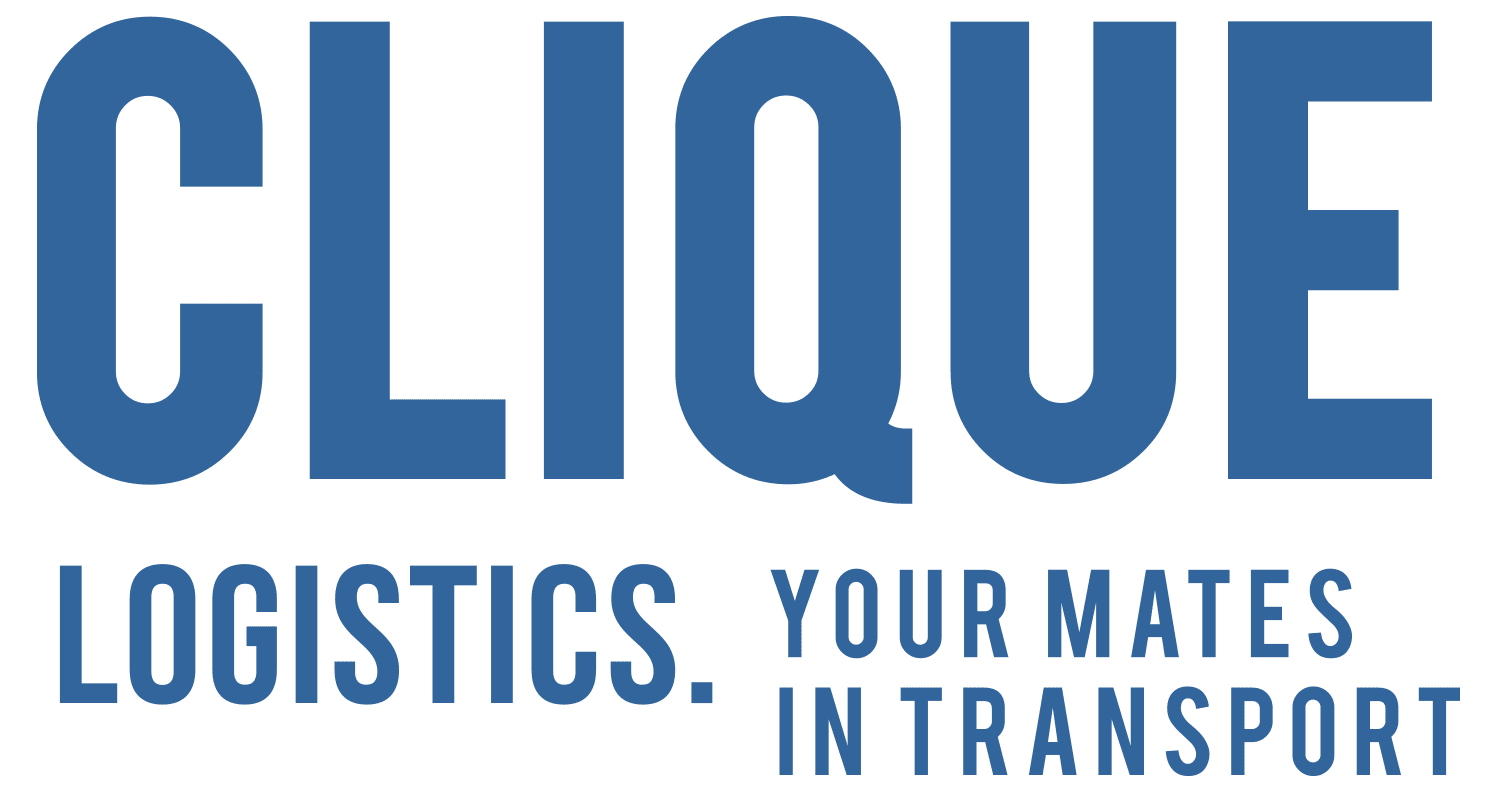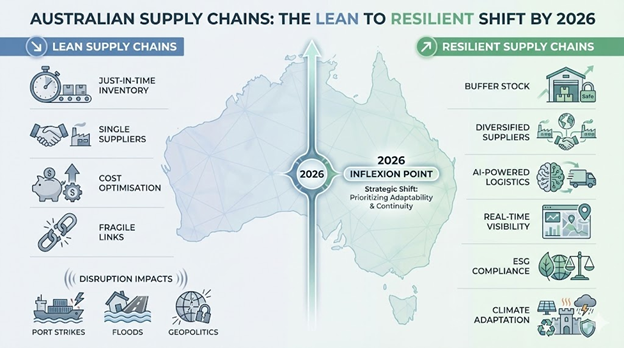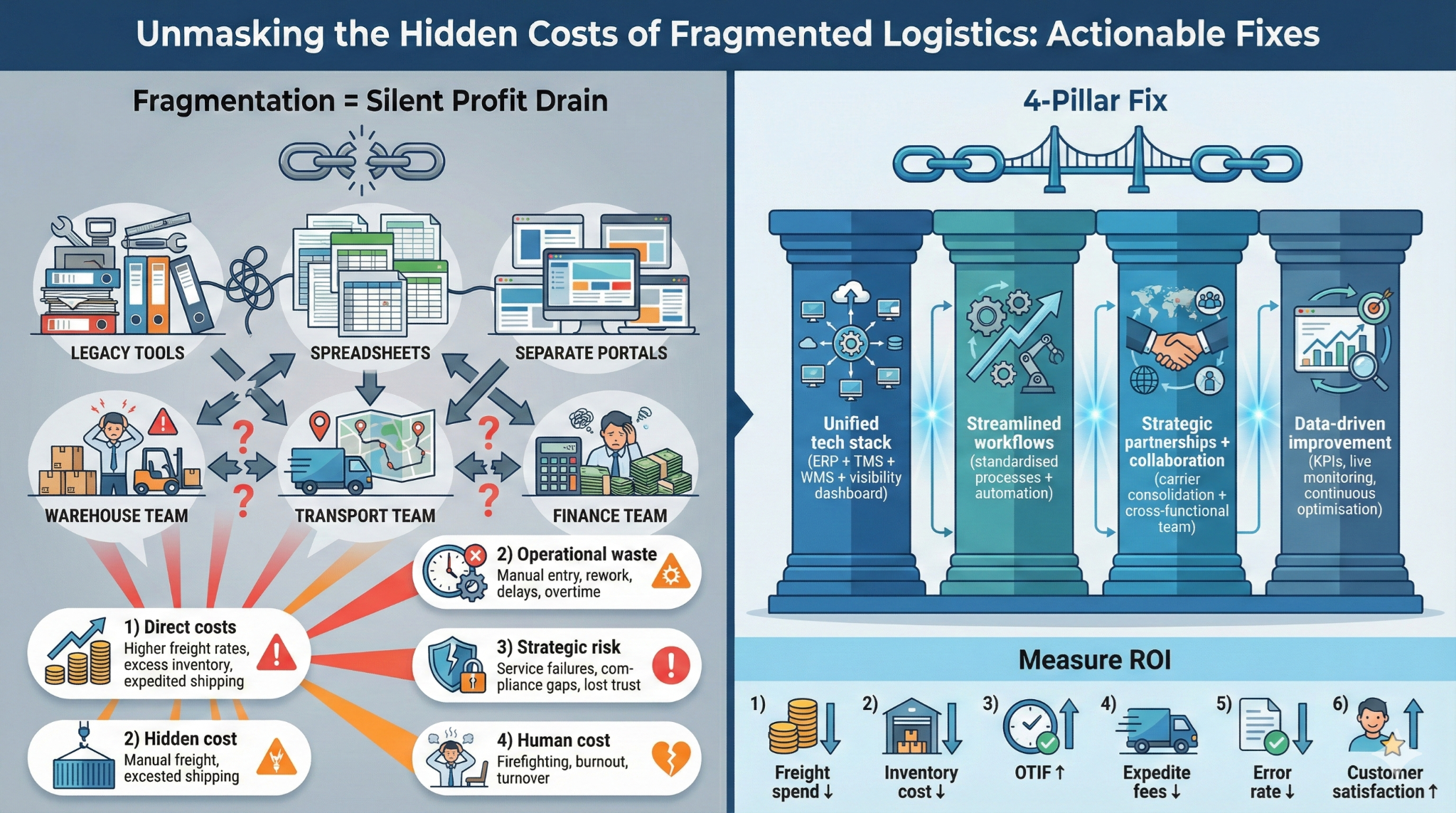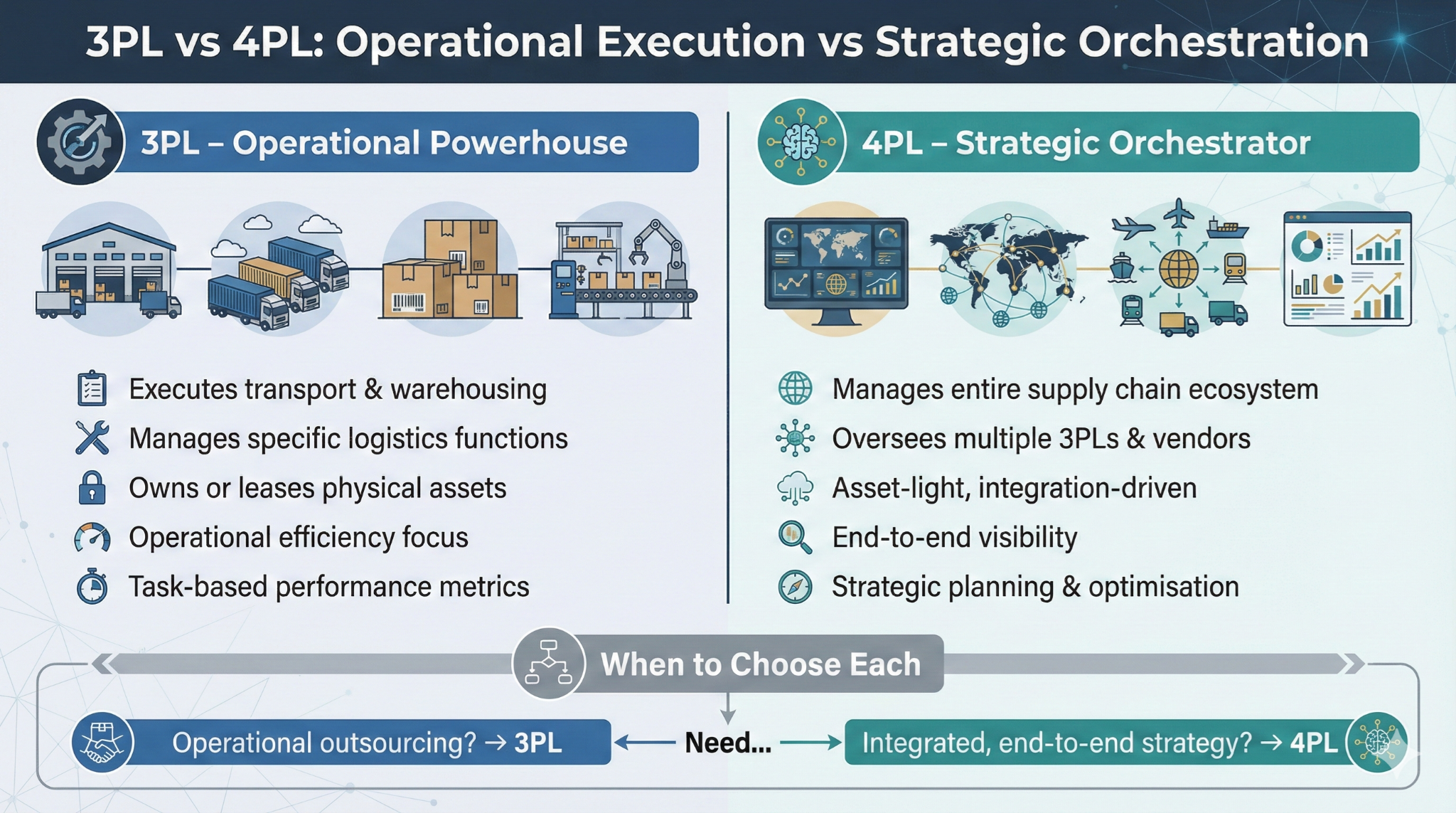Several key transportation regulations are changing in Australia this year, impacting various sectors, including heavy vehicles, air cargo, and the transport of dangerous goods. Here are the significant updates:
1. Heavy Vehicle Road Reform
The Australian government is advancing the Heavy Vehicle Road Reform (HVRR), which aims to modify how heavy vehicle charges are set and invested. This reform focuses on establishing national service-level standards for roads and is expected to commence in 2024. The framework will categorise roads consistently across the nation and measure service levels, which will be crucial for planning and funding road infrastructure improvements.
2. Air Cargo Security Measures
In response to heightened security threats, new air cargo security measures have been implemented. Effective immediately, all inbound air cargo consignments from specific territories must meet Established Business Relationship (EBR) criteria if transported on passenger aircraft. Additionally, consignments over 500 grams from unknown senders can only be uplifted on cargo aircraft, subject to rigorous security checks.
3. Transport of Dangerous Goods Legislation
Changes to the Transport of Dangerous Goods legislation have been introduced to align with other states and territories. Key amendments include:
- New penalties for consignors, prime contractors, and drivers to ensure compliance with safety practices.
- Provisions that restrict transporting certain dangerous goods in passenger compartments unless adequately ventilated.
- Adjustments allowing probationary license holders to obtain a dangerous goods driving license, bringing the Northern Territory in line with other jurisdictions.
4. Australian Dangerous Goods (ADG) Code Updates
The Australian Dangerous Goods Code remains critical for transporting hazardous materials. It outlines detailed guidelines for the classification, packaging, and handling of dangerous goods to prevent accidents and environmental harm. Compliance with these updated guidelines is essential for operators in the bulk transport sector.
5. Accessibility Standards Review
The Transport Standards for accessible public transport are undergoing a review aimed at eliminating discrimination against people with disabilities. The government is working on reforms that will modernise these standards to enhance accessibility across public transport systems.
These regulatory changes reflect Australia’s commitment to improving safety, compliance, and accessibility in its transportation sector while addressing emerging challenges such as security threats and environmental concerns.
The blog post provides a helpful summary of important changes. However, remember that regulations are complex and subject to change. Always consult official government sources for the latest and most accurate information.




